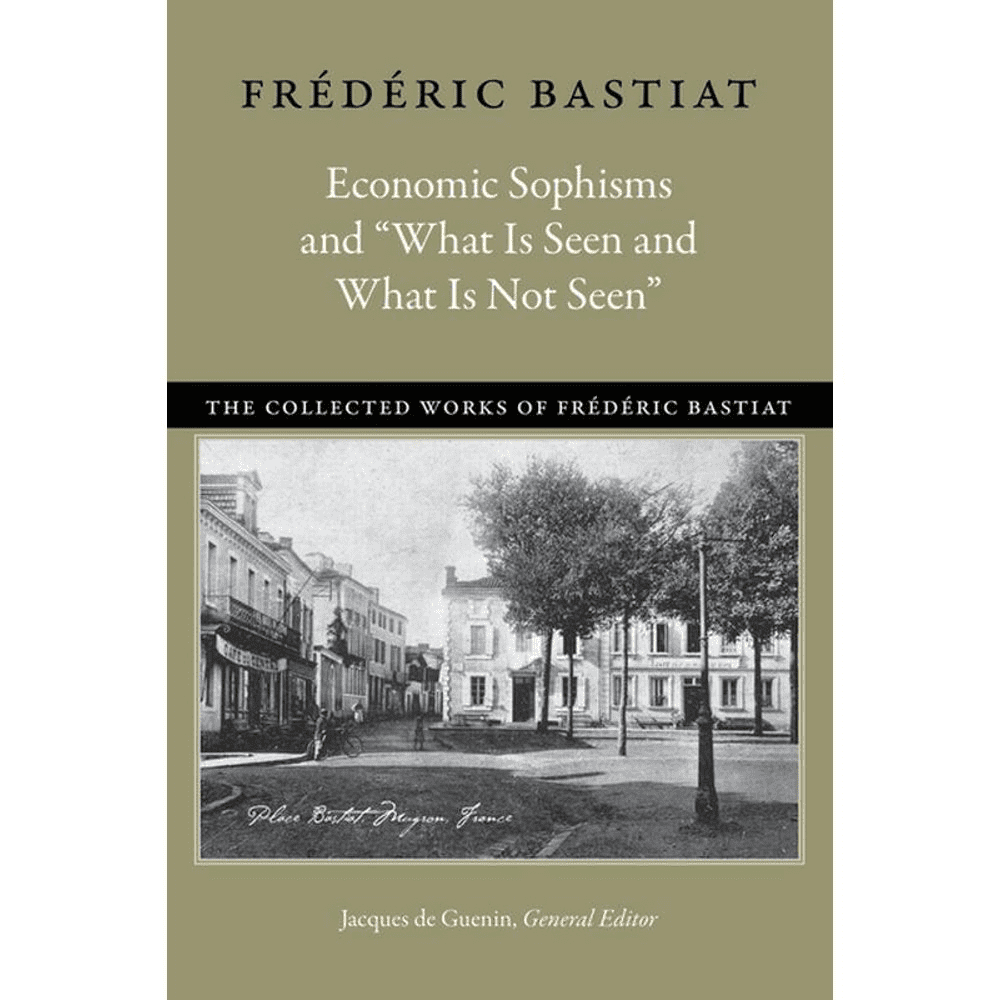Subjective well-being is directly related to the achievement of goals.
In a famous speech, Admiral William H. McRaven (a bit later, he also wrote a book, “Make Your Bed”) showed how that goal is a critical moment of any progress in all circumstances. As he put it: “If you wanna change the world, start off by making you bad.”
Why Goals are useful tool?
A specific goal working as a GPS navigator: only if the exact coordinates of the destination are available. For example, when you are setting the goal of “saving up more money,” in essence, it is the same as telling your GPS that you want to go to California. If you decide to eat the same taco sold at the Mariscos Jalisco on wheels restaurant on Olympic Boulevard in Los Angeles, the GPS will tell you how to get to it and turn by turn.
There are several common and important rules for goal management:
- The goal has to be formalized. The well-known method SMART is exhaustive. Instead of the abstract statements like "save money,” well-formulated goals sound like "save $ 10,000 by December 12th." Such wording made it possible to take action immediately.
- Break down your goals into time intervals and define milestones for each. This trick will solve an important motivation problem.
Long goals are difficult to achieve. If you set the goal of “saving $ 10,000 by December 12” and on the calendar January 1, this means that you have a whole year ahead. In this case, it is essential to avoid a few things:
-
Most of the time, you will be in “missed goal” situation, which is really stressful.
-
If you do not have clear milestones, you may find out that something went wrong too late.
Therefore, by breaking your goal into stages, you are killing two birds with one stone:
-
You can congratulate yourself on your next victory - but don’t forget that it will be an interim result.
-
If something goes wrong, you will have time to react.
What is the weakness of goals?
Goal setting is not only about choosing a reward, but also about defining expenses that you are willing to pay for this.
When we focus on a specific goal, we discard everything that does not help in achieving it. This is the reason why specific goals are so effective - and why they can hurt. Extreme focus on results - a top-notch lawyer who doesn't know her kids because she works 90 hours a week.
The problem is that sometimes we are so obsessed with our goals that we sacrifice something that really matters. As an example, the same lawyer is sure that "living" in his office is the price for his family happiness, but on the other hand, he is losing all the connections with people he loves. And the student thinks that studying is the main investment in a future happy life, but loses sight of the fact that it is close relationships that make us happy. When is something wrong with your goals?
Goals can lead us away from our life quality.
Striving for a goal can completely deplete other important resources and leave nothing in the end. For example, somebody remains at the unloved but highly paid job, at the same time, he values independence. And then that same person asks himself: Why am I so unhappy?
The thing is that some goals take us away from the really important things. Moving towards such goals drains our resources and gives nothing back.
Not your goal
"I want to start my own business so that I can work in my spare time and be less stressed by my boss."
The goal is bound to failure: being a boss is three times more difficult. You will have to take responsibility for every decision and every failure.
Choosing the wrong path
Specific goals do not work well when we want something that is not initially specific and measurable. Let's say you want to get better at writing. What will be the criteria for success? Site traffic, number of books sold?
Often this happens to those who decide to lose weight: they start practising starving or drink only carrot juice. They are losing weight, but in a completely unhealthy way. Are they in good shape upon reaching their goal? Most likely, with such a weight loss, they only worsened it.
Handling a target correctly is a critical skill
Finally, and to paraphrase the great French classical liberal economist Frédéric Bastiat (born June 29, 1801), whom economist Joseph Schumpeter called the “most brilliant economic journalist who ever lived,” we can say:

The difference between bad goals and good ones is this:
Bad goals take into account only the visible consequences, and good goals takes into account both the effect that can be seen and those effects that must be foreseen.
This difference is enormous, because it almost always happens that when the immediate consequence is favorable, the later consequences are disastrous, and vice versa. Whence it follows that the bad goals pursues a small present good that will be followed by a great evil to come, while the good goals pursues a great good to come, at the risk of a small present evil.



